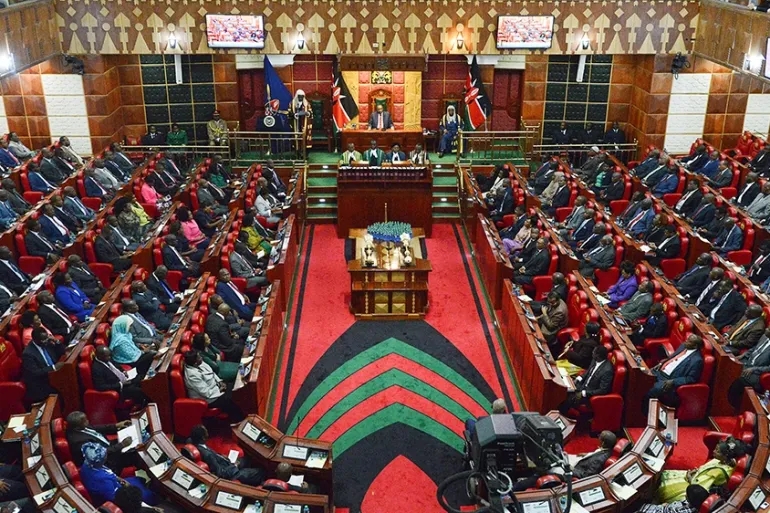

A new global report has raised the alarm over stagnated progress in the fight against pre-term birth, calling for urgent action from governments and health systems.
The report, "Born Too Soon: Progress, Priorities, and Pivots for Preterm Birth," was released by the Partnership for Maternal, Newborn, and Child Health (PMNCH) and published in the journal BMC Reproductive Health.
“Every two seconds, a baby is born too soon.
Every 40 seconds, one dies. These are not just statistics. These are real
lives,” said Dr. Tedros Adhanom Ghebreyesus, Director-General of the World
Health Organisation (WHO), in a commentary included in the report.
He warned that the lack of progress on preterm birth reflects broader failures in maternal and newborn care globally.
The report shows that despite medical advances,
nearly one million preterm babies continue to die each year.
In high-income countries, nine out of
ten premature babies survive, while in low-income countries—including many in
Africa—nine out of ten die.
This, according to UNICEF Executive Director Catherine Russell, is “a human
rights issue as much as it is a health issue.”
The report brings together ten papers,
including seven research articles and three expert commentaries. It updates the
2023 WHO report on preterm birth and integrates new policy developments and data.
According to Dr. Natalia Kanem, Executive Director of UNFPA,
“We need strong investment in maternal health services that reach even the
most marginalized families.”
Helen Clark, Board Chair of PMNCH and former
Prime Minister of New Zealand, added that it is unacceptable that such wide
disparities in newborn survival persist.
“This supplement should be a turning point. We must pivot faster and
prioritize quality care for every woman and newborn,” she said.
The journal supplement is a collaborative
effort involving 95 authors from 67 organizations across 29 countries,
including 19 low- and middle-income countries.
It emphasizes the need for reliable data, respectful maternal care, and
stronger investment in neonatal services—especially for small and sick newborns
in fragile settings.
The supplement also examines how human rights
laws and global health systems can uphold the rights of mothers, babies,
families, and health workers.
It points to the power of
intersectoral collaboration in reducing preterm birth and improving overall
maternal health outcomes.
The original Born Too Soon report was first published in 2012.
The new supplement asks hard questions about what has changed in the past
ten years and how governments and health institutions can do better in the
coming decade.
To mark the launch of the updated supplement,
PMNCH hosted a global webinar on June 24, 2024, which brought together over 350
participants, including researchers, policymakers, and health workers.
The event was supported by several
partners, including the London School of Hygiene & Tropical Medicine
(LSHTM), the International Federation of Gynecology and Obstetrics (FIGO), and
the University of the Western Cape School of Public Health.
Dr. Richard Mugahi from Uganda’s Ministry of
Health shared that Uganda had achieved one of the fastest reductions in
neonatal mortality in Africa over the past decade.
He attributed the progress to targeted national policies and improved access
to skilled care at birth.
Tanzania was also highlighted for its
commitment to newborn health. President Samia Suluhu Hassan is quoted in the
report saying:
“We have built hospitals, health
centres, and dispensaries; now our task is to strengthen what we have built and
train staff to provide quality services to Tanzanians.”
Rajat Khosla, Executive Director of PMNCH stressed
the importance of continued partnership:
“From high-level policymakers to
grassroots civil society movements, we've seen how change can happen. Now we
just need to make sure the decade ahead is better than the decade behind us.”
The Born Too
Soon supplement is expected to inform national health planning and guide
investments to reduce deaths from preterm birth.
It also calls for a renewed focus on quality care, data systems, and
equitable access to maternal and neonatal health services in regions like
Kenya, where health systems remain under pressure.


















